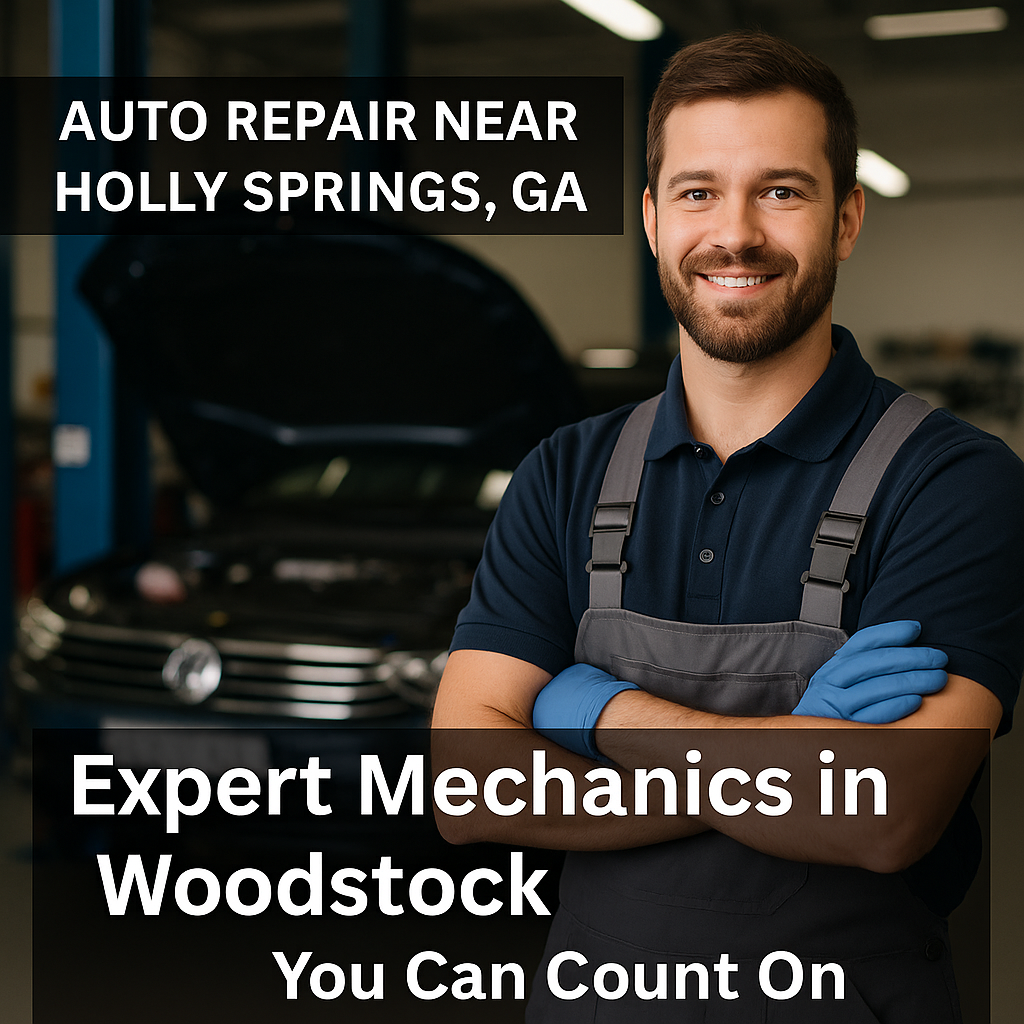All You Need To Know About Alternator Repair
Experiencing difficulty starting your car? Having problems with your car’s electrical system? Before you blame the battery, you should test the alternator to determine if it’s in good working order.
The alternator is one of the most important components of your car’s electrical system, and it’s responsible for generating electrical power to meet the needs of the vehicle's electrical systems and charging the battery. Therefore, a bad or failing alternator can cause a host of problems, ranging from difficulty starting the car to electrical issues and loss of power. If you want to learn more about alternator repair and the signs of a bad alternator, keep reading.
What Causes An Alternator To Go Bad?
- Bad Battery: A failing or weak battery can put additional strain on the alternator. The alternator has to work harder to charge a battery that is unable to hold a proper charge, potentially leading to its premature failure.
- Age And Use-Related Wear: As with any mechanical component, the alternator is subject to wear and tear over time. The continuous rotation of its internal parts and exposure to electrical currents can lead to the degradation of its components.
- Engine Oil Of Power Steering Fluid Leaking Onto The Alternator: If engine oil or power steering fluid leaks onto the alternator, it can corrode the sensitive electrical connections and components within the alternator.
- Salt And Water Intrusion: Exposure to salt and water, especially in regions with harsh winters or coastal environments, can lead to corrosion of the alternator's internal and external components.
- Damaged Alternator Components: Any damage to the alternator's internal components, such as the voltage regulator, diodes, or brushes, can lead to its malfunction.
- Extreme Temperatures: Extreme temperatures, whether excessively hot or cold, can impact the alternator's efficiency and longevity.
- Broken Pulley Or Broken Belt: A broken pulley or belt can prevent the alternator from generating electricity, leading to battery drain and potential vehicle breakdown.
- Bad Wiring Within The Alternator: Faulty wiring within the alternator can disrupt the electrical flow and prevent it from generating the necessary voltage. This can result in inconsistent power output and eventually cause the alternator to fail.
How Do I Know if I Need Alternator Repair?
- Dimming or flickering lights
- Smell of burning rubber or wires
- Difficulty starting the car
- Strange noises such as whining, grinding, or squealing
- The battery warning light on your dashboard comes on
- Low or abnormally high reading on the voltage gauge while driving
- Dead battery
- Loss of power
- Stalling or poor performance
- Various electrical components might start behaving erratically or malfunction altogether
It's important to note that some of these symptoms could also be related to other issues in the car. If you suspect a problem with your alternator, it's recommended to have your vehicle inspected by a reputable auto repair service.
How Do You Test An Alternator?
- Step 1: Set the multimeter to the DC voltage mode and ensure it's capable of measuring at least 20 volts.
- Step 2: Turn off the engine and open the vehicle's hood to access the alternator.
- Step 3: Attach the multimeter's red probe to the positive terminal of the battery and the black probe to the negative terminal. Read and note the battery voltage. A fully charged battery should read around 12.6 volts.
- Step 4: Start the engine and let it idle. Leave the multimeter probes connected to the battery terminals.
- Step 5: Observe the multimeter's reading while the engine is running. A properly functioning alternator should increase the voltage output compared to the battery voltage. Typically, the reading should be around 13.8 to 14.4 volts.
Got A Bad Alternator? Call Chloe's Auto Repair And Tire For Help
If you experience signs of a failing alternator, reach out to Chloe's Auto Repair and Tire for a professional inspection and alternator repair. We are a top-rated auto repair shop offering a comprehensive range of auto repair services, including alternator repair.





